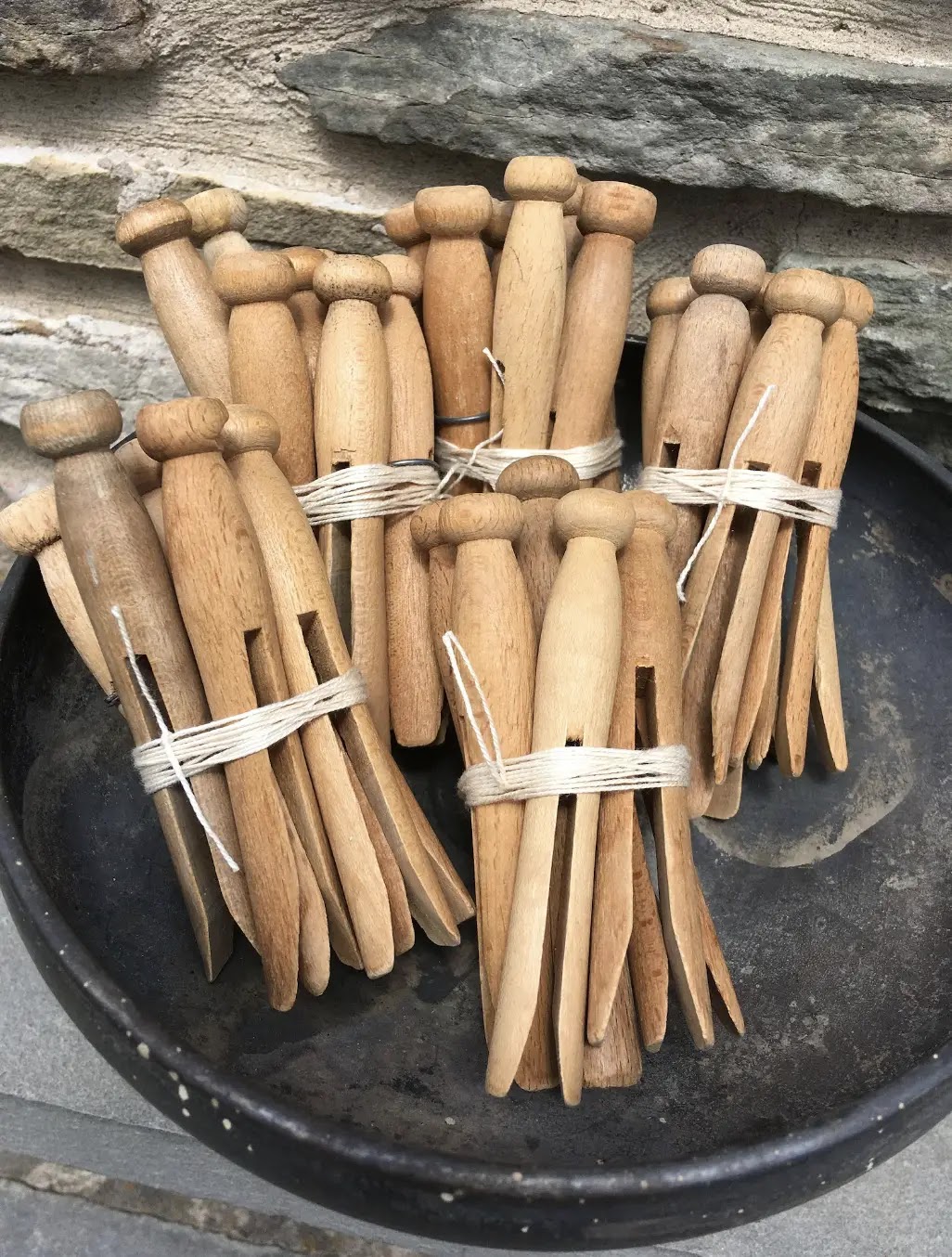Exploring my grandmother’s home is like stepping into a treasure trove of memories and history. Each visit uncovers something new, and on my latest adventure, I stumbled upon a curious item that piqued my interest. Tucked away in an old wooden box, I found an assortment of wooden objects that I couldn’t quite identify at first. After some investigation, I discovered that these intriguing items were vintage wooden clothes pins, relics from a bygone era of domestic life.
The Discovery
It all started on a lazy Sunday afternoon while sifting through the attic of my grandmother’s house. Amidst the dust-covered relics and heirlooms, a small, weathered box caught my eye. Opening it, I found several wooden clothes pins, each with a unique, rustic charm. Their simple design and aged patina spoke of a time long past, and I was eager to learn more about them.
Unveiling the Mystery
Initially, I had no idea what these wooden pieces were. They lacked the modern spring mechanism I was accustomed to seeing in clothes pins. Instead, they were simple, two-pronged wooden pins, some with a slight groove around the middle. Curious, I turned to my grandmother for answers.
She smiled nostalgically when I showed her my find. “Those are clothes pins,” she said, “the kind we used before the metal ones with springs became common.” She explained how these wooden pins were once a household staple, used for hanging laundry to dry in the fresh outdoor air.
A Glimpse into the Past
Learning about these vintage wooden clothes pins opened a window into domestic life of the past. Unlike today’s plastic or metal pins, these wooden versions were handmade, often carved from a single piece of wood. They were sturdy and durable, designed to hold heavy, wet clothes securely on a line.
These clothes pins also reflected a time when people relied on natural elements for everyday tasks. Before the advent of electric dryers, laundry was hung out to dry, weather permitting. The act of hanging clothes outside was not just a chore but a daily ritual that connected families to the rhythm of nature.
Please Head On keep on Reading (>) for the FULL ARTICLE:
ADVERTISEMENT

